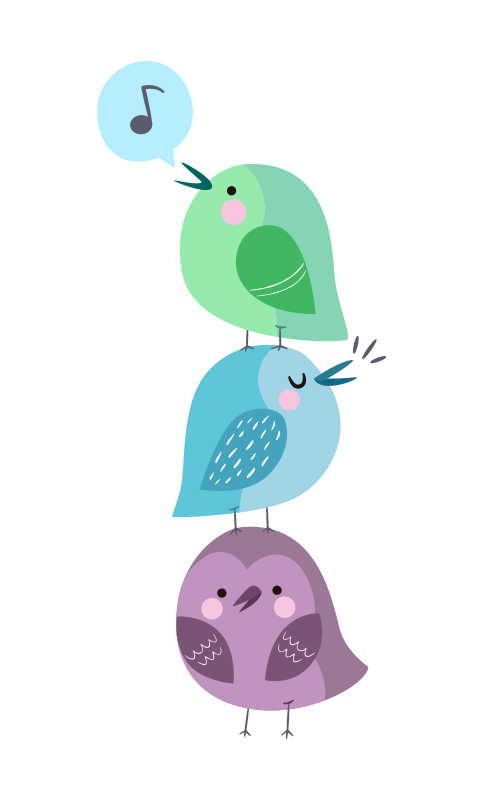HEARING AND LISTENING ARE RELATED, BUT NOT THE SAME
Have you ever had the experience of calling a child while they are watching a TV program, playing a game or doing something on their I-pad just to be ignored?
The act of hearing is not the same as listening. Hearing happens all the time: our ears pick up sounds which we don’t give any thought to as in the above mentioned instance. Listening implies thinking and tuning in to what is being said.
To make the most of learning it would be important to receive incoming sound messages accurately.
Problems with listening can be measured in the following ways:
- Inability to stay focused on tasks. A skill that makes learning easy and successful.
- Inability to differentiate between speech sounds. Essential when they learn how to read and spell.
- Inability to maintain eye contact. Very important in learning, as children tend to not listen while distracted.
- Confusion about the emotional content of a conversation.
- Difficulty in putting one’s thoughts into words. Often seen when a child throws a tantrum, because he/she finds it difficult to express feelings.
The other important thing about the ear is that it also governs the vestibular and proprioceptive sense which controls balance, coordination, muscle tone and fine and gross motor skills. These two senses are critical to learning. More about this in the next blog.
How can we exercise listening?
There are quite a few things we as parents can do to help our children practise listening abilities in your daily routines. The technical names of these skills have been included if you come across them on your child’s report.
- Auditory perception: (AP) listening to make contact with and give meaning to the outside world.
- Make them aware of the sounds around them. When waking up let them listen for bird sounds and say how many different ones they can hear. (Auditory Discrimination: ability to discriminate between similar and different sounds.) They will enjoy this game and later do it themselves. Encourage them to listen for any other sounds they might hear throughout the day. Let them listen whether they can hear the same birds the next morning. (Auditory memory: ability to remember what was heard.)
- Listen to a new Songbirds song together. Ask questions about the song afterwards. Which 2 animals were in the song? Elephant and bird. Which one is heavy? Elephant. What sound do his feet make when he runs? Thump. Asking questions about songs may not be something we think of doing but it is an ideal way to practise good listening skills.
- Memorizing the lyrics and melody in songs facilitate all these skills which will later help with reading, spelling and writing.
- The Earworm music and exercises added to it is a lovely way to practise it even more intensely.
Enjoy this special time with your child and remember that you are planting the seeds today for the shade of tomorrow’s tree.
© Take note that all articles are under Copyright and may only be used with the written consent of the author.




